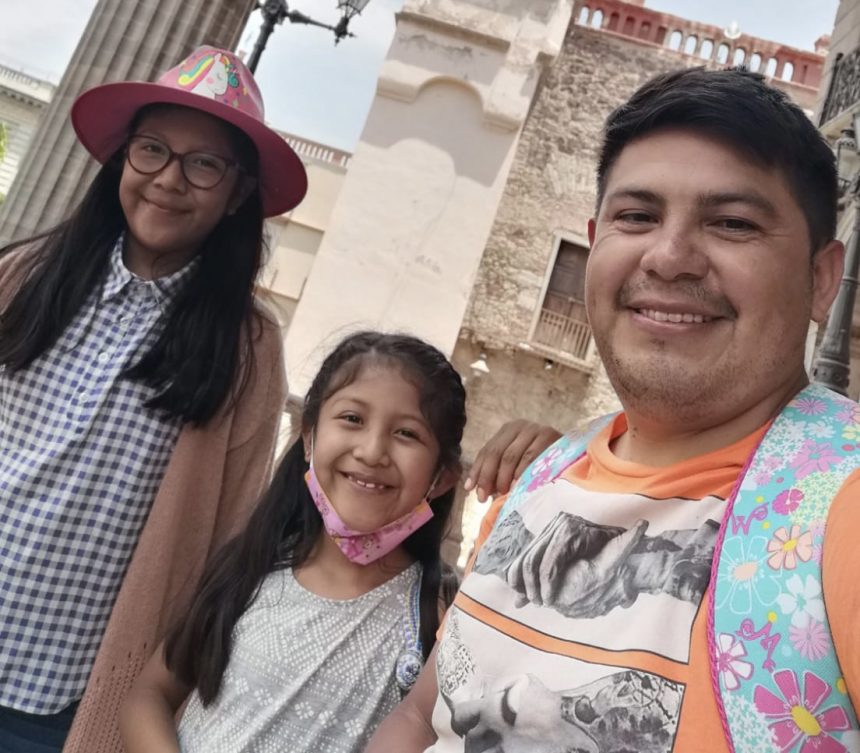By Martha Hamill
We are deeply grateful to Jaime for his testimonial about his wife Imelda, a 32-year-old patient diagnosed with ovarian cancer, who entered the hospice service in October 2020 and died in March 2021. Imelda was sick for a year.
She lived with her family on a ranch outside of San Miguel de Allende. Despite the distance, the Mitigare hospice medical director visited the patient once per week. In January, when the patient´s health deteriorated, the doctor visits increased as required. In addition, on several occasions, her husband who was the primary caregiver went to the doctor’s house to get the required drugs.
In November 2020 her husband and two daughters, ages 12 and 8, began receiving emotional and grief support from the thanatology service twice a month.
Meanwhile, her family pitched in to help. While her husband went to work, her sisters and mother took turns helping her with household chores and the care of the girls.
Beginning in January, as Imelda became weaker and lost her appetite, hospice provided the family a portable bathroom as well as a wheelchair for them to transport her to the medical clinic for required tests.
In February she was still very weak; however she was able to join her family during her mother’s birthday and spent a nice day. It is the goal of hospice to help patients celebrate important events in their lives as much as possible.
The thanatology work made the patient, her husband, and the girls aware of the inevitable situation. When Imelda passed, her desires and last wishes where clearly transmitted to them. Several communication dynamics were provided to the couple. The patient wrote letters for her girls and the rest of her family to close cycles.
Imelda died in physical and mental peace thanks to palliative care consisting of medical support and drugs as well as emotional support. The husband and the girls continue to have bereavement therapy to get through this painful loss.
Jaime says Mitigare was of great help to Imelda and all the family. Thanks to the emotional support he received when his wife died, he was calm and brave since he was prepared. He learned how to speak the truth and communicate rightly. Also, he said that when he was with Imelda he did not cry since he could do that when he had a thanatological appointment.
Hospice care by Mitigare offers support and in-home hospice for persons with life-threatening illnesses. Mitigare is an authorized nonprofit organization that is accessible to all regardless of capacity to pay. Mitigare offers pain and symptom management as well as providing psycho-social and emotional support to the patient and family. Let’s talk: call us at 415 111 7637 or write us at contacto@mitigare.org.

